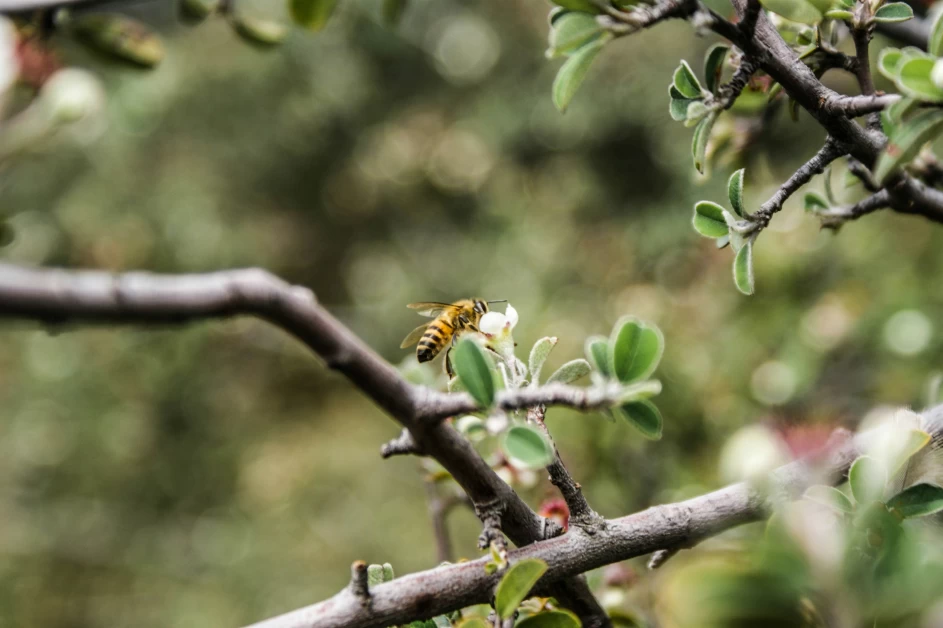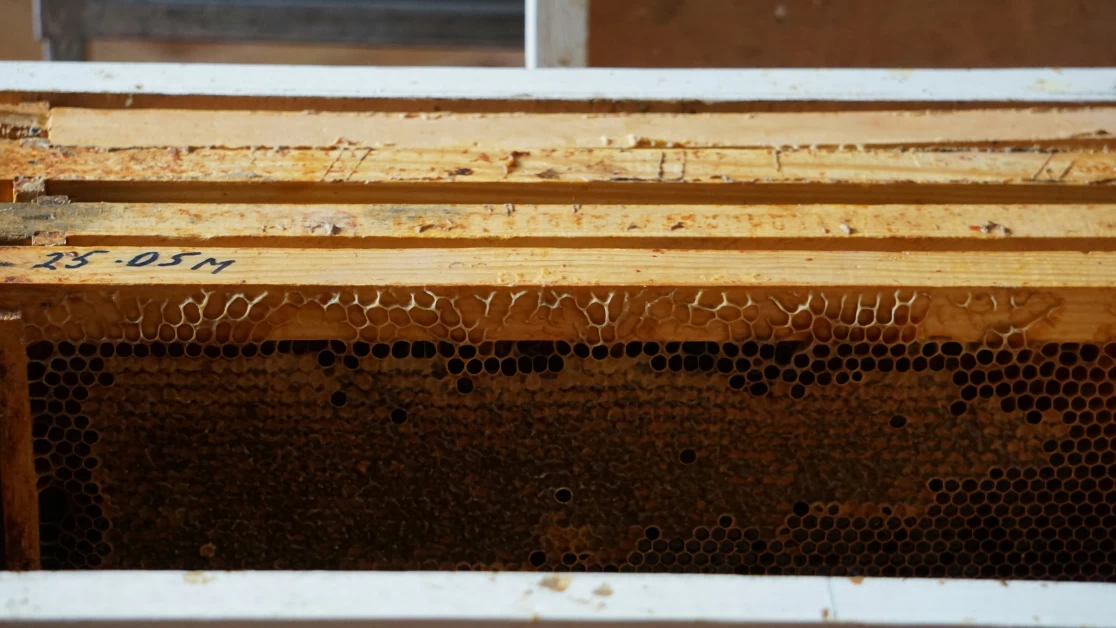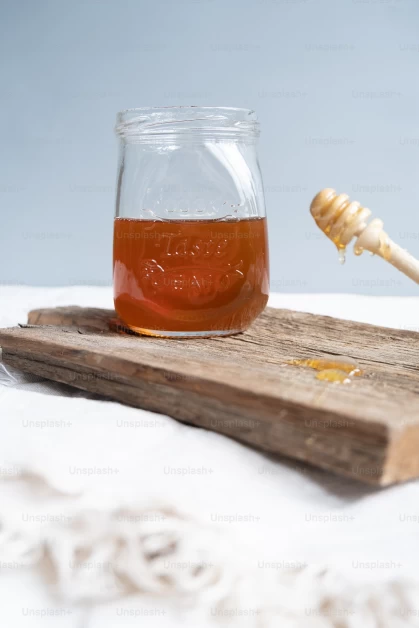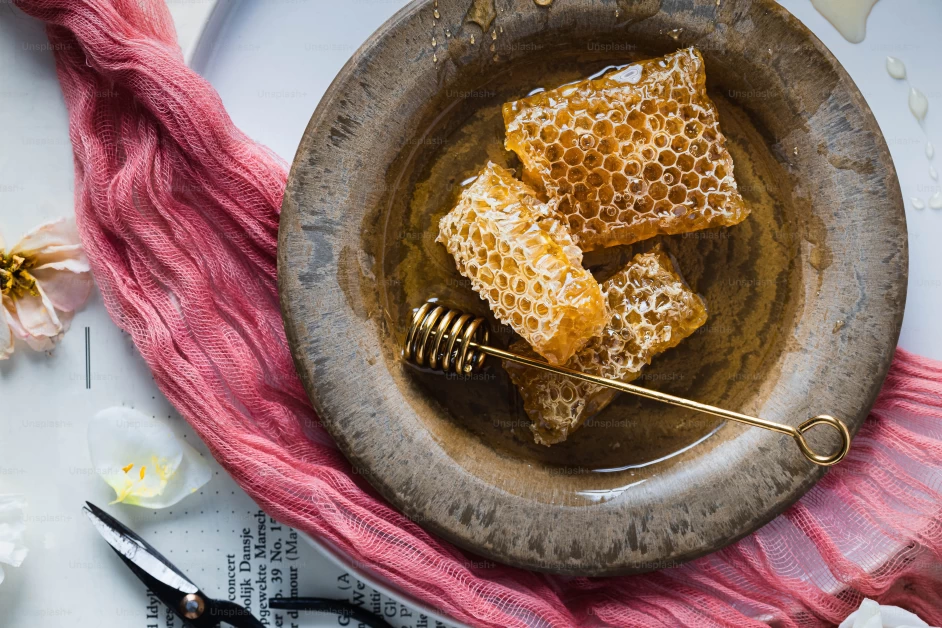Table of Contents
Manuka honey wound dressings provide a superior option compared to traditional bandages for promoting effective wound healing. The unique design and substantial benefits of these dressings make them highly effective in supporting the natural healing process. In this article, we will explore the top benefits of Manuka honey wound dressings and how they can help in the treatment of burns.
Benefits of Manuka Honey Wound Dressings
Manuka honey wound dressings offer several advantages over traditional bandages. Here are some of the key benefits that make them a superior option:
-
Promotes a better healing environment: Manuka honey dressings help maintain proper moisture balance and lower pH levels, creating optimal conditions for the skin. This promotes the development of new tissue, accelerates wound closure, and helps prevent scarring.
-
Protects against harmful bacteria: Wounds, regardless of their size, can become breeding grounds for bacteria that can lead to life-threatening infections. Manuka honey dressings effectively protect against the proliferation of bacteria while preserving healthy skin microbiomes.
-
Skin-friendly adhesive: Manuka honey dressings are specially designed with a skin-friendly adhesive that makes them easier to apply and less painful to remove. This is particularly beneficial for newly healed skin, which is often sensitive and prone to reinjury if not treated carefully.
-
Natural and safe: Just like other natural first aid products, Manuka honey wound dressings are natural, non-toxic, and 100% safe for the entire family. They provide a safe and effective alternative to traditional bandages.
Ingredients in Manuka Honey Wound Dressings
The main ingredient in Manuka honey wound dressings is honey harvested from Manuka plants. This honey naturally contains an organic compound called methylglyoxal (MGO), which has significant health benefits for wound healing and beyond. MGO and Manuka honey have been extensively researched and tested in clinical settings.
MGO is considered a “miracle” compound due to its positive effects on the repair and regeneration of damaged skin caused by wounds, burns, persistent conditions, and other issues. Although the presence of MGO in Manuka honey was only recently discovered, this honey has been used for its healing properties for generations. Scientific and medical literature continues to grow, supporting the efficacy of MGO in wound treatment.
Medical grade honey used in Manuka honey dressings has a high concentration of MGO due to strict harvesting and production processes. This ensures the effectiveness of the honey in promoting wound healing.
Conclusion
Manuka honey wound dressings offer significant benefits for the treatment of burns and other wounds. Their superior design and natural ingredients make them a safe and effective alternative to traditional bandages. The healing properties of Manuka honey, particularly its high concentration of MGO, have been extensively researched and proven in clinical applications. By using Manuka honey dressings, you can support the healing process and provide optimal conditions for the skin to regenerate.
For more information on Manuka honey and its benefits, visit https://aboutmanukahoney.com.









